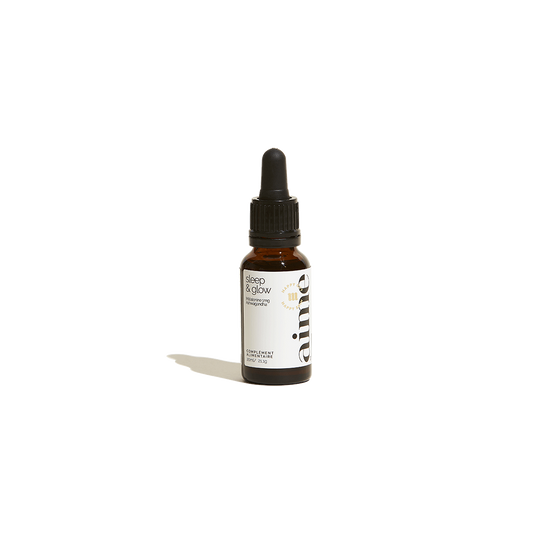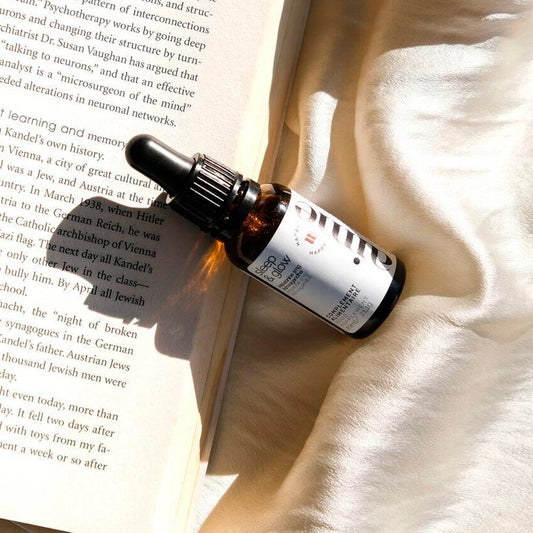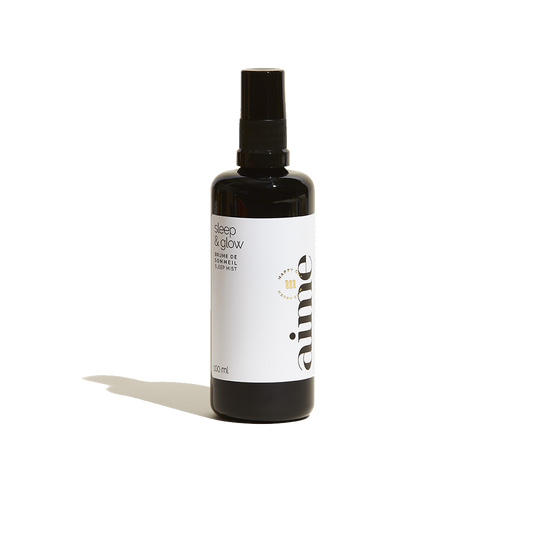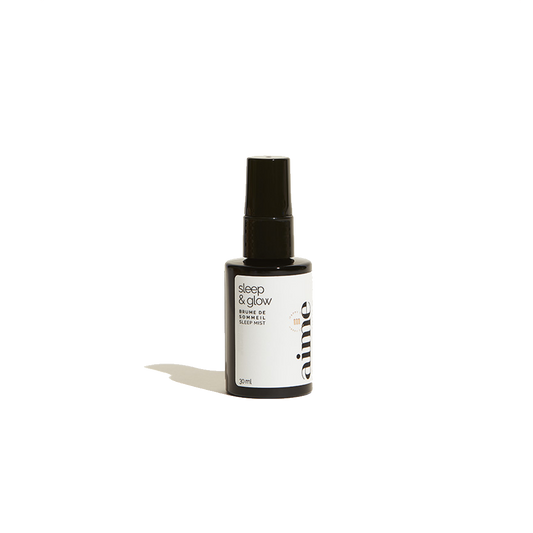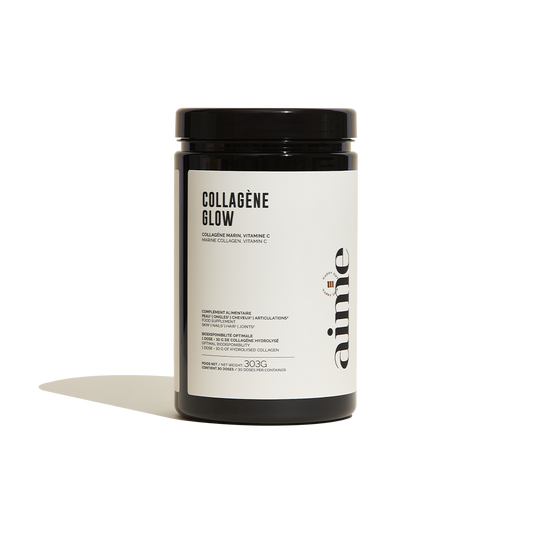What is insomnia?
Insomnia is the most common sleep disorder. It includes various problems with falling asleep and staying asleep and manifests itself in different ways:
-
Difficulty falling asleep at bedtime
-
Frequent or prolonged nighttime awakenings during the night
-
Waking up early in the morning and being unable to get back to sleep
It is noted that insomnia affects women more than men. This can be explained by the hormonal changes (periods, pregnancy, menopause, etc.) that a woman faces throughout her life.
What causes insomnia?
The body naturally produces melatonin (the sleep hormone), but its production can be altered and therefore cause problems falling asleep and/or staying asleep. Various factors can be the source of sleep problems such as stress and anxiety, exposure to screens before bedtime, a meal that is too large and/or too late, alcohol, a young child, mental hyperactivity, certain medications and illnesses, etc. There are different types of insomnia. Indeed, sleep disorders can occur occasionally ( transient sleep disorder ) during periods of stress for example or in the long term and on a regular basis ( chronic insomnia ). To act correctly and get rid of your sleep problems, you will need to identify the causes.
The consequences of sleep disorders?
Sleep disorders can be felt on a daily basis. However, sleep is a physiological activity vital to the proper functioning of the body. Indeed, if you have slept poorly or little and this happens regularly, you will probably experience concentration problems during the day at work, memory problems , loss of motivation, irritability , physical clumsiness and more broadly in the long term signs of depression. Drowsiness can also be one of the consequences of temporary sleep disorders and chronic insomnia. Each person reacts differently to fatigue and the consequences of a lack of sleep, but this will always be reflected on the skin.
The effects of lack of sleep on the skin
During sleep , the skin heals, oxygenates and cells renew themselves . The expression "restorative sleep" takes on its full meaning. This is why a quality night's sleep is particularly important. We know that the health of our body impacts our external appearance. This is even more true for problem and blemish-prone skin.
A lack of sleep will show on your face:
- Dull complexion
- Loose and dehydrated skin
- Appearances of buttons
- Etc.
Fatigue actually accelerates skin aging . The skin loses its elasticity, is less hydrated, and fine lines are more visible. These symptoms may indicate a sleep disorder, which is important to treat to regain your shape and a radiant complexion.
Fight sleep problems naturally
A balanced lifestyle helps you sleep better, but sometimes it's not enough. If you don't want to resort to medication (e.g., sleeping pills), taking dietary supplements can be a solution to give your body what it needs to calm down. They are not medications; the benefits of dietary supplements depend on their composition and promise. A dietary supplement should be taken in addition to a balanced and varied diet; it is not a substitute for it. As an additional source of vitamins and active ingredients, a dietary supplement provides the body with nutrients that have a nutritional or physiological effect .
We have formulated a dietary supplement to combat sleep disorders : Sleep & Glow . It promotes falling asleep and waking up gently. It preserves the balance of the skin flora thanks to an Ayurvedic medicinal plant with regenerative properties: ashwagandha. Sleep & Glow helps the skin regenerate well during the night.
To help you fall asleep, it is advisable to establish an evening routine that will signal to your brain that it is time to sleep. Try to stick to a schedule for your evening meal and bedtime. Choose to read a book or magazine in bed instead of using screens (television, computer, cell phone, etc.). If you suffer from insomnia, avoid naps , even micro-naps of a few minutes of rest, which can disrupt your rhythm. Otherwise, you will be less tired in the evening when you go to sleep. During the day, limit your consumption of stimulants (coffee, tea, energy drinks, etc.).
If problems persist, consult a doctor.


